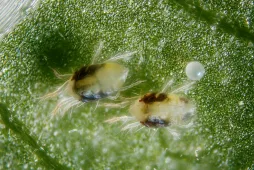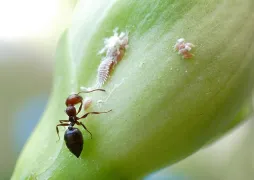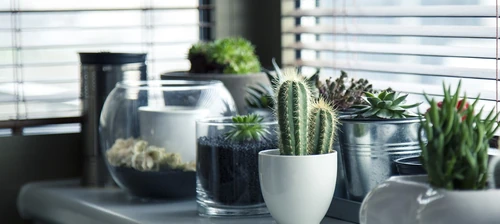Cordyline australis Red Star, a palm proud of its colors
The pink elephant may be a myth, but the pink palm does exist. Cordyline australis 'Red Star', a horticultural variety belonging to the Asparagaceae family, is distinguished by its red foliage and graphic appearance.
How to recognize Cordyline australis 'Red Star'?
In its early years, Cordyline australis 'Red Star' is a bushy plant. It then becomes an upright shrub. It can reach a height of three meters and a spread of almost two meters.
Cordyline australis 'Red Star' has no trunk, but a stipe, like a palm tree. Its gray, spongy bark cracks over time. The false trunk branches out as it ages. It bears numerous branches, each crowned with a rosette of leaves.
The thick leaves are long and narrow, as in cordyline australis botanical cordyline australis. They form red ribbons with bronze highlights. The evergreen foliage retains its color all year round, even at our latitudes.
In its natural habitat, the plant blooms in summer. The flowers are white and vanilla-scented. They come in clusters, on panicles measuring almost a metre.
Cordyline australis 'Red Star' is harmless to humans and animals. Be careful, however, not to cut yourself with its leaves when handling it.
Our maintenance tips
Cordylines 'Red Star like the sun. But they can't stand the hottest rays. Variegated varieties are particularly sensitive. Keep this in mind when setting up your plant in its final location.
Watering
Water the base of your cordyline 'Red Star when the soil is about three centimeters dry. Your plant likes rainwater, but will also tolerate mains water.
Don't let water stagnate in the planter or saucer. It will rot the roots.
Repotting
Every spring, repot your Cordyline australis 'Red Star' to give it more space.
Obtain a pierced pot larger than the root ball. Choose a terracotta model. This material optimizes drainage and limits the risk of root rot in the event of excess water.
Fill the bottom with clay balls or gravel.
Then add a layer of universal or Mediterranean potting soil. Plant your Cordyline 'Red Star in the center. Fill in with substrate. Do not bury the collar.
Tamp and water to remove air bubbles. You can mulch the base with a mineral material to keep the soil cool.
Fertilization
To promote the growth of your Cordyline australis 'Red Star', apply fertilizer in spring and summer.
To promote growth and the appearance of new leaves, give your Cordyline 'Red Star green plant fertilizer.
To promote the growth of your Cordyline australis 'Red Star', apply fertilizer in spring and summer.
Place a little compost at the foot of your Cordyline 'Red Star to enrich the soil and accelerate growth.
Prune
Cut dry leaves with clean, sharp pruning shears.
Plantation
When the risk of frost has passed, it's time to plant.
Choose a location sheltered from the wind. The location must be sunny. But, if you live in a region where the sun is scorching in summer, avoid a south-facing exposure.
While the rootball of your Cordyline 'Red Star is soaking, dig a hole three times as big. Line the bottom with river sand, pebbles or gravel to improve drainage.
Mix equal parts garden soil and universal potting soil. Add a layer of substrate.
Plant your plant. The rootball should be level with the ground and the collar should not be buried. Fill in with your mix of potting soil and garden soil.
Water generously and mulch with crushed slate or gravel. This mineral mulch keeps the soil cool in summer and protects it from the cold in winter.
Cutting
Cutting is carried out during the strong growth phase, generally in spring and early summer.
Locate a young shoot and carefully separate it from the mother plant. Take care to remove its roots without damaging the rest of the root system.
Pour potting soil into a bucket. Plant your cutting in the center.
Cover with a transparent bag or place in a mini greenhouse. Propagation works best under cover. Set up in a bright room with a temperature of at least 20°.
Mist the substrate to keep it moist, and aerate for a few minutes a day.
Diseases / Threats
Information
| Family | Asparagaceae - Asparagaceae |
| Type | Cordyline - Cordyline |
| Species | Cordyline australe - Cordyline australis |
| Lifecycle | Perennial |
| Foliage | Evergreen |
| Exposure | |
| Substrats | |
| Planting methods |
Open ground In pots In tubs |
| Categories | |
| Tags |
Beginner Flowery |
| Origin |
Oceania |
| Hardiness (USDA) | 9a |
| Leaf color |
|
| Flower color |
|
| Fruit color |
|
Discover plants from the same family
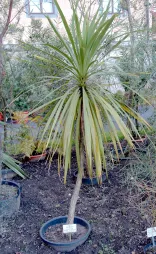
Cordyline australe
Discover
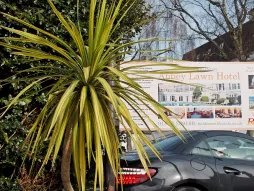
Cordyline 'Torbay Dazzler'
Discover
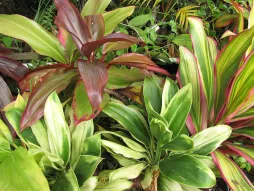
Cordyline fruticosa
Discover
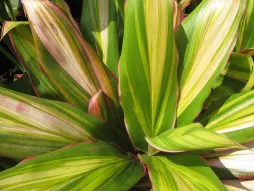
Cordyline 'Kiwi
Discover












